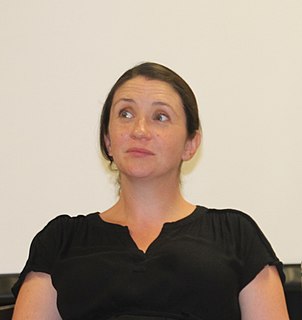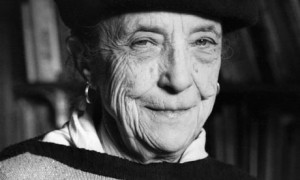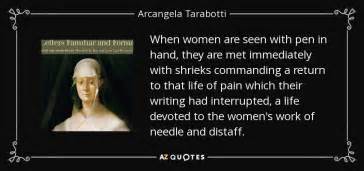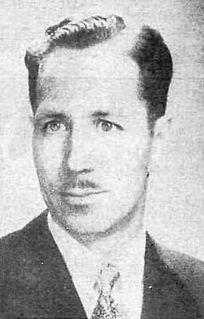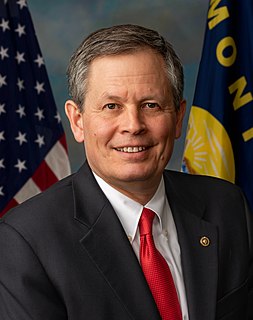A Quote by Laura E. Richards
To thousands of elder women in the late sixties and early seventies [the private women's club movement] came like a new gospel ofactivity and service. They had reared their children and seen them take flight; moreover, they had fought through the war, their hearts in the field, their fingers plying needle and thread. They had been active in committees and commissions, the country over; had learned to work with and beside men, finding joy and companionship and inspiration in such work. How could they go back to the chimney-corner life of the fifties?
Quote Topics
Active
Back
Been
Beside
Came
Children
Chimney
Club
Committees
Companionship
Corner
Could
Country
Early
Elder
Field
Fifties
Finding
Fingers
Flight
Fought
Go
Gospel
Had
Hearts
How
Inspiration
Joy
Late
Learned
Life
Like
Men
Moreover
Movement
Needle
Needle And Thread
New
Over
Private
Seen
Service
Seventies
Sixties
Take
Them
Thousands
Thread
Through
War
Women
Work
Related Quotes
I was a child of the women's movement. Everything I had learned was from my mother and my grandmother, who both had a very pioneering spirit. They had to, because they had to change flat tires and paint the house - because, you know, the men didn't come home from the war or whatever else, so women had to do these things.
My father had been a forester and I had grown up on those hills. I had seen forests and streams disappear. I jumped into Chipko movement and started to work with the peasant women. I learned from them about what forests mean for a rural woman in India in terms of firewood and fodder and medicinal plants and rich knowledge.
Women had to work like slaves in the art world, but a lot of men got to the top through their charm. And it hurt them. To be young and pretty didn't help a woman in the art world, because the social scene, and the buying scene, was in the hands of women - women who had money. They wanted male artists who would come alone and be their charming guests. Rothko could be very charming. It was a court. And the artist buffoons came to the court to entertain, to charm. Now it has changed, now the younger men are in - older women and younger men.
I nodded. A man's world. But what did it mean? That men whistled and stared and yelled things at you, and you had to take it, or you get raped or beat up? A man's world meant places men could go but not women. It meant they had more money,and didn't have kids, not the way women did, to look after every second. And it meant that women loved them more than they loved the women, that they could want something with all their hearts, and then not.
I realized how for all of us who came of age in the late sixties and early seventies the war was a defining experience. You went o r you didn't, but the fact of it and the decisions it forced us to make marked us for the rest of our lives, just as the depression and World War II had marked my parents.
The idea of equality is misunderstood. I wouldn't ever argue that everyone is the same, but that differences should not be hierarchical. Attitudes and expectations have been imposed on both men and women. For instance, men had very little to do with the raising of their children before the women's movement. The women's movement has freed men to become more active as fathers. We're living in a period of transition, but change can be much slower than we want, with unintended consequences, and can also be happening without our seeing it.
In the weeks since I had made the decision to leave my father's house, I had grown up. And I had learned that not every battle can be fought by firing an arrow from a bow. But I would have to face whatever new challenges came my way as bravely as I had faced the Huns. I could not wallow in self-pity, thinking about what might have been. I had to do my duty. It was the only way to stay true to myself.
The less control people had over their work, the higher their blood pressure during work hours. Moreover, blood pressure at home was unrelated to the level of job control, indicating that the spike during work hours was specifically caused by lack of choice on the job. People with little control over their work also experienced more back pain, missed more days of work due to illness in general, and had higher rates of mental illness-the human equivalent of stereotypies, resulting in the decreased quality of life common to animals reared in captivity.
Have you taught a Sunday School class and felt when you finished that you had really taught someone some principle of the gospel that had really helped him or given him a brighter look on life? Remember the feeling of peace and joy that followed? Have you ever taught someone the gospel and received that feeling of joy because he had accepted what you had been teaching? The thrill of missionary work!
One of our ancestors came over on the Mayflower, and we had family in Jamestown as well... I was raised where service was a part of the fabric of life. It wasn't one-upmanship. No one bragged about their medals, but you could see the look in the eyes, the tip of the hat. You served your country first, then you went to work and had a family.
Women had always been thought of as looking after the family when men go and earn an income and they're the bread earner and so on. So there is a kind of generation of inequality, [and], on top of the fact, women have pregnancies and periods, [and] when the children are very small, there are greater demands on their time. So one way or another women have had a pretty rough deal in the past, and there's no reason why that should continue, and any country that has tried to remedy that has succeeded in doing so.
Men didn't like to empty bedpans, so we made women nurses. Then men didn't like to do the administrative stuff, so women were allowed to become secretaries. That's the way they entered the work force. Then we began to educate them because they had to be educated. But it wasn't until after World War II that most of the great universities of this country became coeducational.



